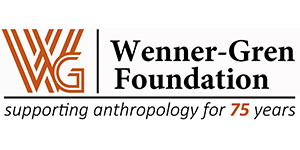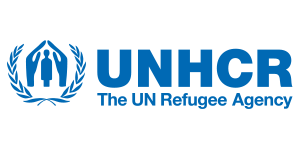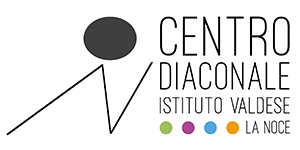MISSION
The association Zabbara ETS is active in the production of films with a high social value.
Our work is two-fold:
– We promote the empowerment and awareness of individuals at risk of social exclusion by providing meaningful opportunities for personal and professional development;
– We create innovative cinematographic contents to approach and reflect on society through the creation of theoretical and practical paths of participatory cinema.
BIO
Director and reporter, was born in Naples in 1981. He began writing his first stories at a very young age and soon became passionate about photography. After graduating from high school, he attended the International Center for Research on the Actor, studying Etienne Decroux’s technique of “body mime” and the tradition of Commedia dell’Arte. He graduated in Mass Communication and Journalism in Perugia. In 2007, he moved to Damascus, where he lived until 2010. It was during this period that he began his career as a reporter, collaborating with major international newspapers, the UN, and international NGOs. In 2011, he reported on the uprisings in Tunisia and Libya. In 2012, he returned to Syria, where he witnessed the destruction of Aleppo and the northern provinces. His reporting during this period earned him the Maria Grazia Cutuli Award from Corriere della Sera and the Ilaria Alpi Award. In 2013, he directed EU 013 – L’ultima frontiera (EU 013 – The Last Frontier), which premiered at the Festival dei Popoli and had its international premiere in Rotterdam. He directed the award-winning short films Jabal – La montagna (2021), Sciatu meo (2023), Boza or Die (2023), and Siamo a’mmare (2024).
Sociologist who has gained great experience over several years in creating and managing cultural and social projects. With the In Medias Res association, of which he is president, he coordinates a school support program for the Rom community and participatory and community projects in Palermo. He is responsible for the educational activities of Refugees Welcome Italia. Since 2018, together with the Zabbara association, he has been promoting the participatory cinema projects FunKino – Cinema for Inclusion, with young people at risk of social exclusion and FunKino – Across Walls, with the inmates of the Ucciardone prison in Palermo.
Davide Grotta is an independent photographer and filmmaker. Graduated in Marine Archeology, he began taking photographs and filming during excavation campaigns across the Mediterranean. After living in Cambodia for three years, he moved to Bolzano to study Directing at the Zelig school. Actually he works as first assistant director in the film industry and keeps searching for new stories for his new films.
PARTNER








ASSOCIAZIONE CULTURALE ZABBARA
CF: 93070500819
P.Iva: 07150690829
Codice univoco: BA6ET11
Sede legale: via Milano 51 Palermo (PA)
Sede operativa: via Del Celso 14 Palermo (PA)
Mail: zabbara.pro@gmail.com
Pec: zabbarafilm@pec.it